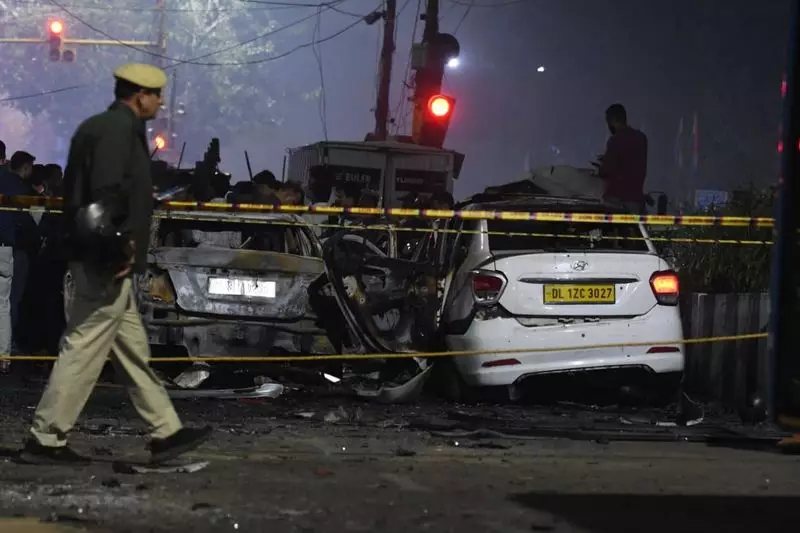
In a startling case that exposes the dark underbelly of digital radicalization, a prominent Delhi doctor stands accused of embracing extremist ideology through social media platforms, marking a dangerous new trend in urban terrorism recruitment.
The Beginning of Digital Radicalization
According to investigative agencies, the doctor's descent into extremism began in 2019 when he first encountered radical content on various social media platforms. The National Investigation Agency (NIA) probe reveals that what started as casual browsing gradually transformed into serious engagement with terrorist propaganda.
The medical professional, whose identity remains protected under investigation protocols, systematically consumed content from banned terrorist organizations, primarily ISIS. Investigators have documented his progressive immersion into the world of online extremism, tracing his digital footprint across multiple platforms where he actively sought out and engaged with radical material.
From Healing Hands to Terror Links
The case represents a disturbing paradigm shift in terror recruitment patterns. Unlike traditional methods that often target economically disadvantaged youth, this instance involves an educated, established professional from India's capital city. The doctor's medical background and social standing provided the perfect camouflage for his growing extremist leanings.
Investigators emphasize that the accused didn't merely consume content passively. Evidence suggests he actively participated in online discussions, shared extremist material, and gradually built connections with like-minded individuals across digital platforms. His medical expertise raised concerns about potential dual-use knowledge applications that could serve terrorist objectives.
Security agencies have expressed alarm at the sophisticated methods employed in the radicalization process. The accused utilized encrypted communication channels and demonstrated technical proficiency in navigating the darker corners of the internet while maintaining his professional facade.
Broader Implications for National Security
This case has triggered serious concerns within India's security establishment about white-collar terrorism and the vulnerability of educated professionals to online radicalization. The NIA investigation highlights how social media algorithms can inadvertently facilitate exposure to extremist content, even among seemingly unlikely candidates.
The timing of the radicalization process—beginning in 2019 and continuing through the pandemic years—suggests that increased online activity during lockdowns may have accelerated the doctor's descent into extremism. Investigators are examining whether isolation and increased screen time contributed to the intensity of his radicalization.
Law enforcement agencies are now developing enhanced monitoring protocols specifically targeting professionals who might be susceptible to such radicalization. The case has prompted calls for better cyber literacy and digital awareness programs among educated urban populations.
As the investigation continues, authorities are working to identify potential networks the doctor might have established and any operational plans that could have been in development. The case serves as a stark reminder that the battle against terrorism has evolved from physical battlegrounds to the digital realm, where radicalization can occur silently in plain sight.





